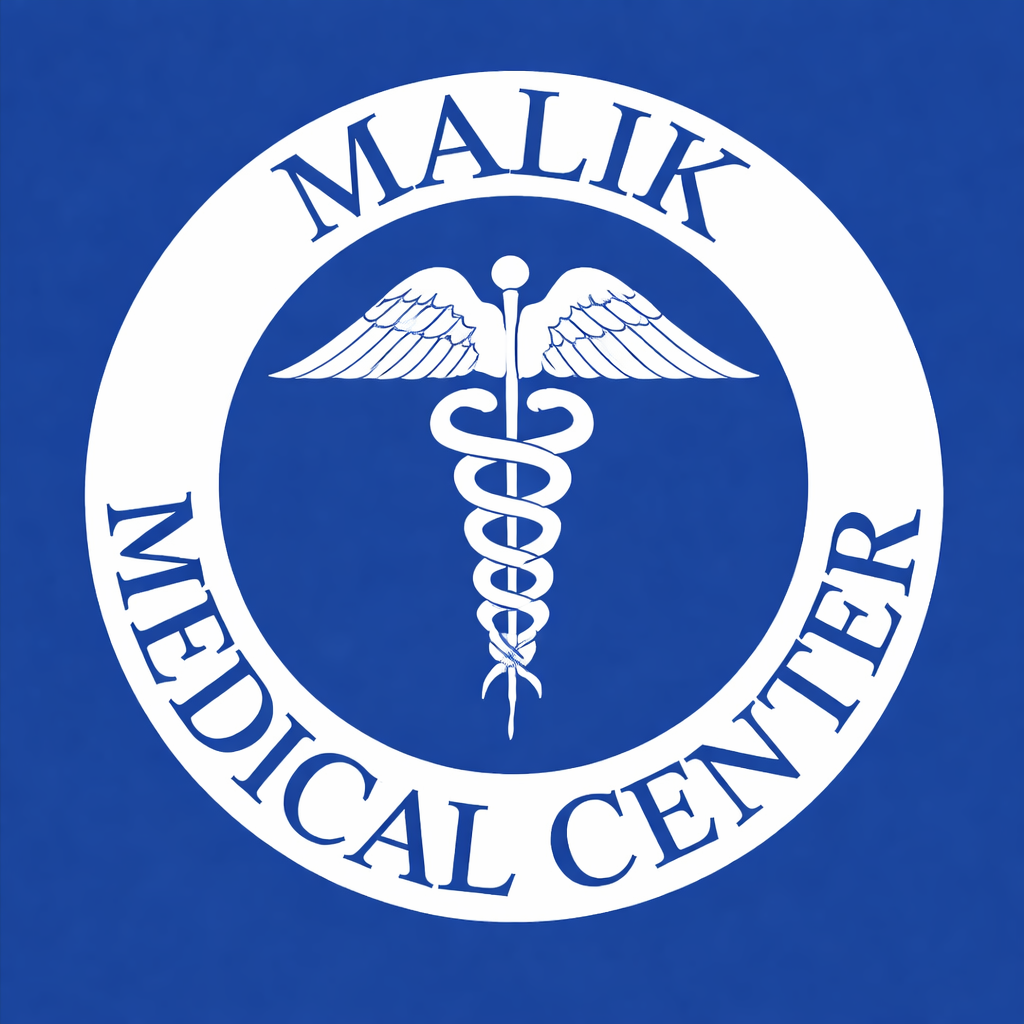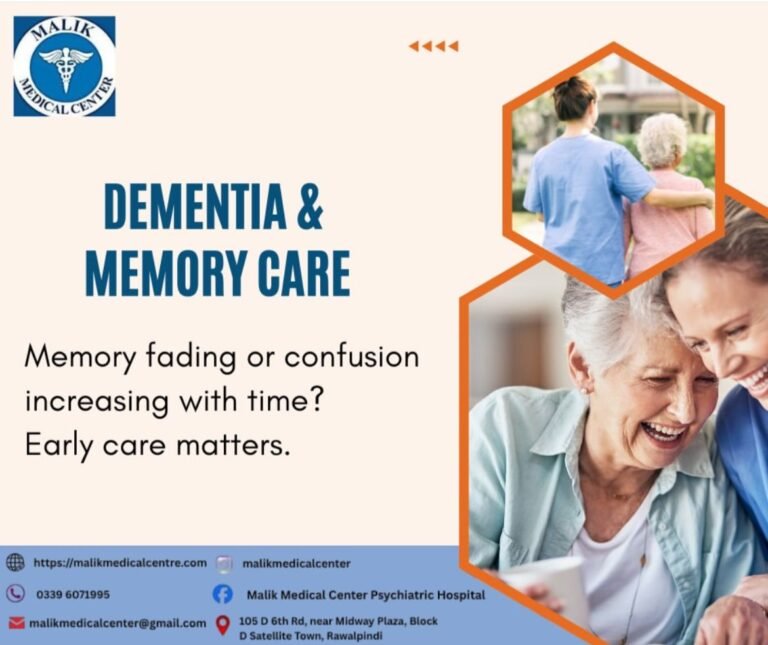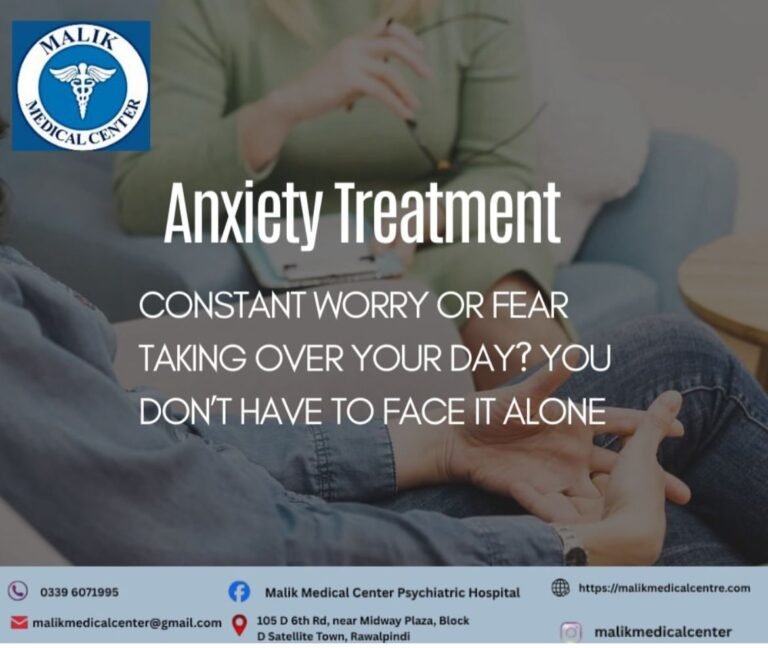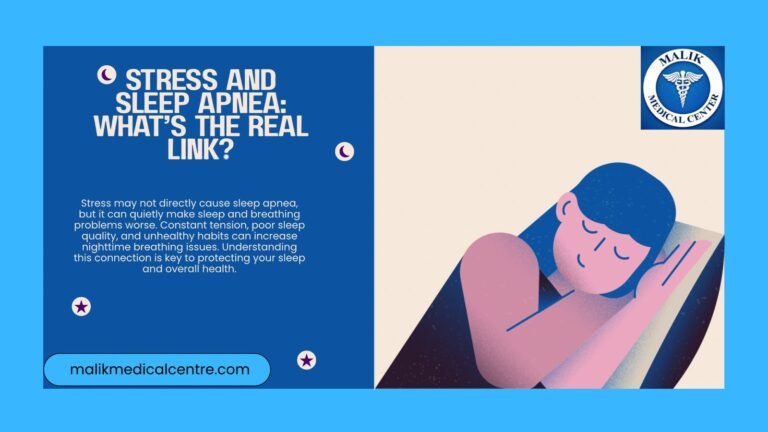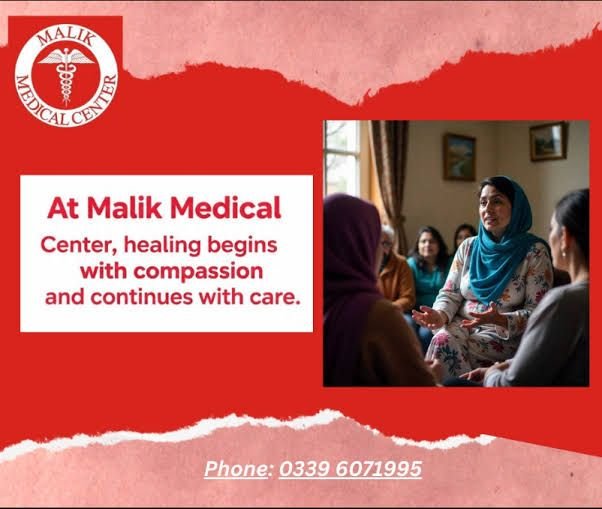Anxiety Disorders Treatment: Finding Calm and Control in Daily Life
Just make up that you have woken up with aching chest, and your brain is whirling well before you can even get to the day. Even easy activities are daunting and calmness is elusive. This is every day with anxiety disorders to many people. More than normal stress, they can have an impact on work, relationships and health.
The positive part is that the anxiety disorders treatment is very effective in case it is oriented on a person. Modern practices have empowered individuals to control symptoms and live meaningful lives since therapy is no longer applied but is followed by holistic care. The initial step towards returning to calm and balance is an understanding of options of treatment.
The perception of anxiety disorders.
The most prevalent mental health disorder is anxiety disorders, and they all manifest differently. Although we all experience nervousness at times, anxiety disorders break the normal operations of a person by making one worry and fearful at all times.
Some common types include:
- Generalized Anxiety Disorder (GAD): Unrelenting and excessive concern regarding life situations.
- Panic Disorder: Intense high-intensity outbreaks of fear, which are commonly accompanied by chest pain or even a sensation of dizziness.
- Social Anxiety Disorder: Scares of being judged or embarrassed in social areas.
- Phobias: Phobias is severe fear of certain things or conditions such as flying or heights.
- Obsessive-Compulsive Disorder (OCD): Compulsive thoughts and behaviors in order to decrease the anxiety.
Acknowledgement of these conditions is done to make the individuals seek early treatment of anxiety disorder as opposed to enduring the pain in silence.
Symptoms and Signs That People need not ignore.
Anxiety disorders influence emotions and thoughts and physical wellbeing. Early recognition matters. Some common signs include:
- Unremitting nervousness and loss of concentration.
- Thoughts racing and never to be slowed.
- Difficulties with sleeping insomnia or waking up.
- Physical symptoms such as headaches, tightness in the chest or stomach problems.
- Eschewing fear or worry provoking situations.
When such signals are not addressed, they may develop and complicate treatment in the future.
Why Early Anxiety Disorders Treatment Matters
The postponement of treatment is usually problematic. Stress hormones which are caused by anxiety put pressure on the heart, weaken the immunity, and cause problems with digestion. Even sleep deprivation exacerbates emotional control.
Moreover, anxiety that has not been treated can become depression or substance abuse where people attempt to manage the situation themselves. Timely treatment of anxiety disorders eliminates these difficulties and simplifies recovery. It is not a weakness to ask someone to help one, but should be viewed as a strong act of self-care.
Different Approaches to Anxiety Disorders Treatment
Treatment can combine a number of different methods successfully:
Psychotherapy
- Cognitive Behavioral Therapy (CBT): Aids in the detection and replacement of negative thought processes.
- Exposure Therapy: Step by step exposure to fears causes avoidance behaviors to be minimized.
- Mindfulness-Based Therapy: This is a technique that teaches relaxation methods and present-time awareness.
Medication
Therapy does not suffice to some. Antidepressants or anti-anxiety medications may be prescribed by the doctors to control the brain chemistry. Therapy is important when used together with medication.
Lifestyle Changes
The day-to-day decisions have a significant role in the healing. Proper nutrition, exercise, and sleep make people happier and more resilient.
Patients are in control and they are confident with the right mix.
Holistic Therapy and Lifestyle Management.
The state of anxiety does not only exist in the mind. Recovery is largely dependent on the body and the way of life. Holistic approaches improve the outcome of treatment:
- Diet: Diets high in omega-3s, whole grains, and vegetables are beneficial to the brain.
- Exercise: Physical exercise will also release endorphins which naturally relieve the stress.
- Sleep Hygiene: Routine activities are useful in restoring the internal clock of the body.
- Mind-Body Practices: The relaxation is offered by yoga, meditation, and breathing exercises.
Those habits are a supplement to the professional anxiety disorders treatment and a strength of the subsequent wellness.
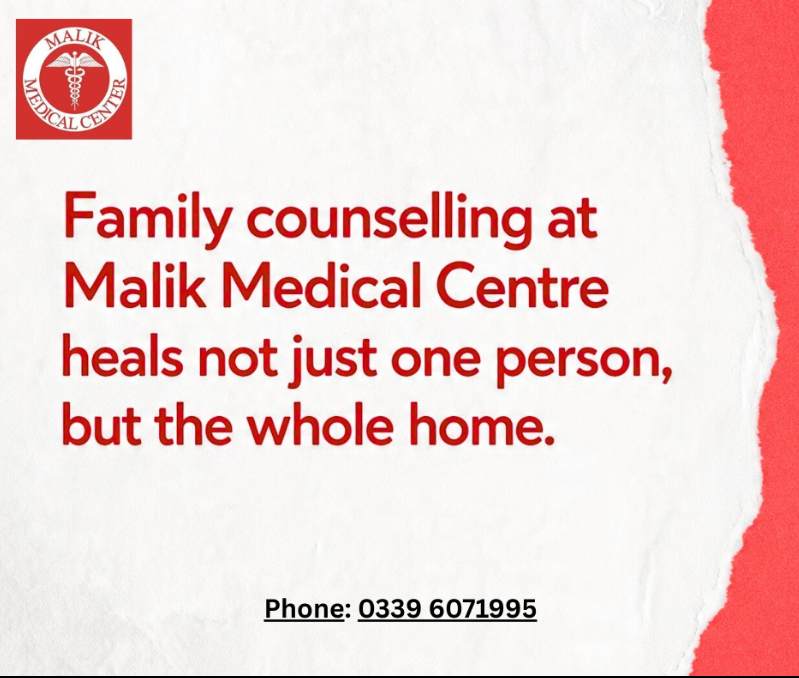
The Link Between Anxiety and Physical Health
Fear does not only impact the mind, but it also has its toll on the body. Stress may increase blood pressure, impair immune system, and cause digestive issues in the long term. Most individuals even confuse panic attacks with heart attacks due to shortness of breath and chest pains. These are the physical effects that should be dealt with when dealing with anxiety disorders. Holistic care is a combination of therapy and medical assistance that will make a patient recover along with his body.
Motivating Children and Teens to get help.
It is not just the adults that experience anxiety, and children and teenagers are under heavy pressure as well. Study requirements, social issues, and cyber bombardment are all factors that increase the anxiety of the youth. The intervention should be done as early as possible because the symptoms are likely to interfere with learning and self-esteem when not effectively addressed. Youth-specific anxiety disorders treatment involves play therapy, counseling at school, and family participation. Conversations regarding mental health should be normalized, and parents can make kids comfortable talking about their mental health and allow them to receive assistance without being afraid.
Community and Family Support in Treatment.
Recovery of the anxiety may not be possible alone. Close family and friends are crucial to recovery. Having loved ones encourages, understanding and patience which decreases isolation.
It also offers safe spaces where individuals can give an account to strangers in community support groups. The words you are not alone can make the process of recovery look not as scary and hopeless.
Selecting the Right Anxiety Disorders Treatment Center.
Treatment centers are not all equally. In choosing a facility, you need to consider:
- Experienced specialists: Find certified psychiatrists, psychologists and therapists.
- Evidence-based treatment: It should guarantee that they provide an evidence-based therapy such as CBT or mindfulness therapy.
- Individualized care plans: The one-size-fits-all is indispensable.
- Comfort and safety: This help patients heal faster.
Some of the centers such as the Malik medical center are unique due to their comprehensive care that incorporates clinical expertise and humane care. Making the right decisions will provide a conducive basis to recovery.
Living Beyond Anxiety: Stories of Hope
It is life recovery stories that help us remember that we can heal. A lot of the patients who previously encountered the problem of insomnia and worry now live healthy lives. Through proper anxiety disorders treatment, they went back to work, repaired relationships and recovered joy.
Such tales make others seek an intervention, which reminds people that anxiety can be cured, and meaningful life is attainable.
The influence of technology in modern treatment.
Mental health care is undergoing a revolution that is brought about by digital tools. Internetbased counseling services can offer therapy even in bed. Meditation, breathing and progress tracking mobile applications bring additional between session support.
Technology with the assistance of conventional care provides a powerful connection to healing.
Breaking the Stigma Around Anxiety
Stigma has been named as one of the greatest obstacles to treatment. A good number of individuals have the fear of being judged or misread. This stigma is broken by open discussions, awareness programs, and supportive communities.
As soon as anxiety can be perceived as a health problem, as diabetes or heart diseases, more individuals will feel safe when seeking treatment of anxiety disorders.
The Long-Term Outlook of Treated Anxiety
Anxiety disorders can be dealt with continued treatment. Although relapses can take place, appropriate strategies enable the patients to recover within a short period. Treatment lasting long develops resilience thus preventing individuals to spiral in the stress.
The future of stability, confidence and peace is a possibility.
Conclusion
Anxiety disorders are not so easy, still, they are not the future of a person. Through proper and prompt anxiety disorders treatment, people will be able to regain tranquility, balance and flourish once more.
Healing is a simple matter of one decision, to choose to get help. It is a step towards being free of the grip of anxiety as every intervention, starting with therapy, to lifestyle changes is a step.
Frequently Asked Questions
How should anxiety disorders be treated best?
Therapy and especially CBT are normally the most appropriate with healthy lifestyle changes and in a few cases, prescription.
Is anxiety disorders treatment possible without medication?
Yes. Without medications, therapy, relaxation techniques and lifestyle changes have been discovered to treat many individuals, although medical experts may recommend it in severe cases.
How long have you been taking treatment of anxiety disorders?
The period of treatment is a personal one. Some recover within the weeks of therapy, but others may take some months of constant treatment.
Is it safe to treat children and teens with anxiety disorders?
Absolutely. The young people are approached using the programs that are special and are given the safe and age-based therapies and family-based support.
What is the reason why one would consider a professional anxiety disorders treatment center?
A professional center offers specialized treatment, programmed therapies and supportive environment which aid patients to heal quicker and avoid relapses.
